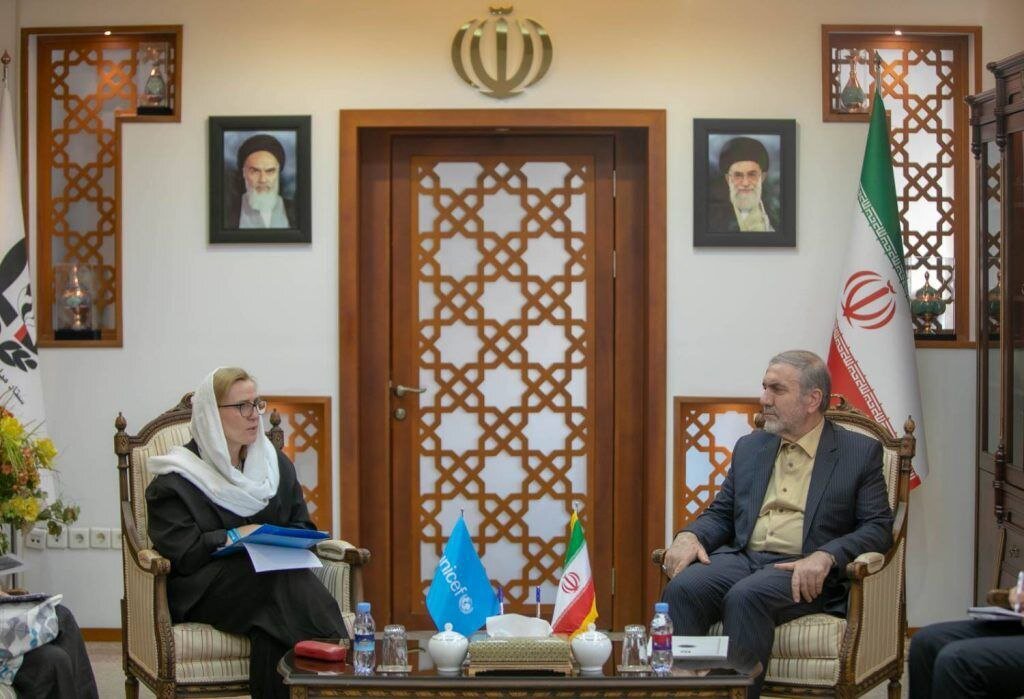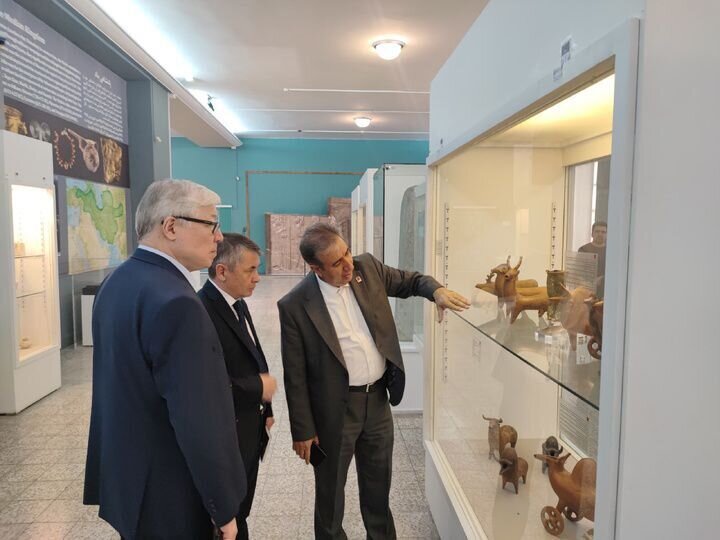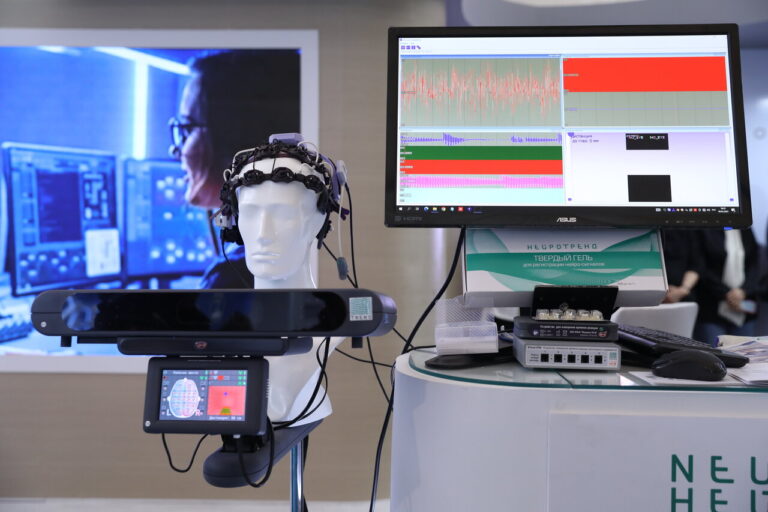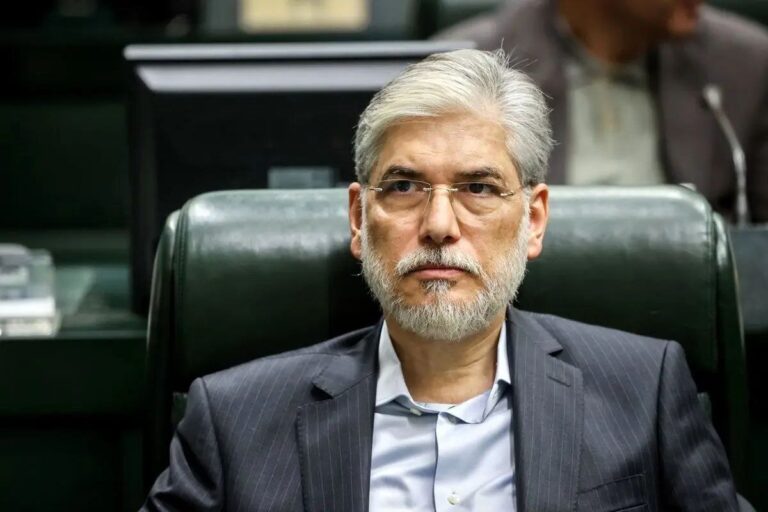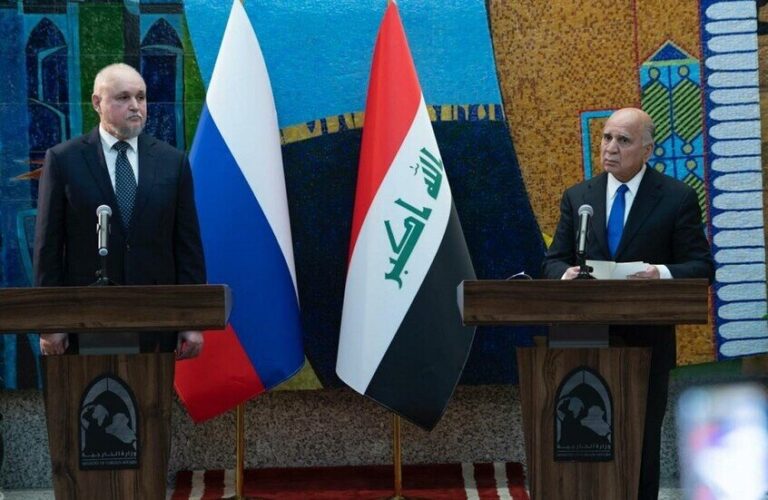Unlocking Potential: DCHQ and UNICEF Forge Innovative Partnership Model for Development
In a significant move towards combating drug abuse and enhancing youth well-being, Brigadier General Hossein Zolfaqari from the Iranian Drug Control Headquarters (DCHQ) and Monika Oledzka Nielson, the interim representative of UNICEF in Iran, have emphasized the importance of a collaborative model between their organizations. This partnership aims to achieve shared goals and improve the efficacy of their joint efforts.
During a recent meeting, Zolfaqari highlighted the necessity of clarifying the roles and responsibilities of various stakeholders—including institutions, ministries, organizations, universities, families, and trainers—to streamline their collaborative initiatives. He noted that specific, actionable provincial measures are essential for effective implementation, as reported by IRNA.
Key Insights from the Meeting:
- Public Participation: Zolfaqari emphasized the importance of leveraging existing community capacities to enhance collaborative measures.
- UNICEF’s Positive Contributions: He praised UNICEF for its initiatives in Iran, which focus on training individuals, promoting positive parenting, preventing addiction in educational settings, and improving mental health among youth, particularly girls.
- Upcoming Publication: DCHQ and UNICEF plan to release a book containing guidelines and protocols for addiction treatment, aimed at further strengthening their partnership.
Nielson reciprocated Zolfaqari’s sentiments by acknowledging DCHQ’s critical role in facilitating various initiatives. She noted that UNICEF has implemented multiple programs focused on addressing the health and well-being of youth, which is their primary target demographic.
One notable initiative discussed was the MASERAT or APSWEC program, designed to assist at-risk adolescents in protecting themselves and developing resilience against social issues such as drug abuse and HIV. This program, conducted in partnership with DCHQ, has shown promising results, encouraging both organizations to expand its implementation nationwide as a long-term strategy. Developed by DCHQ, the program emphasizes:
- Prevention
- Treatment
- Harm reduction
- Combating drug supply and entry
Nielson pointed out, “One of the most important things that DCHQ can do is to provide enhanced information and promote coordination for the implementation of programs to improve their effectiveness. Experience has shown that stronger coordination leads to more successful programs.” She further advocated for improved communication strategies to make this collaborative model a successful template in the region.
Historical Context of Cooperation:
In November 2023, a significant memorandum of understanding was signed between the Iranian anti-narcotics headquarters and UNICEF’s Tehran office. This agreement aimed to initiate a comprehensive plan of action for the prevention and treatment of drug abuse among teenagers, to be implemented throughout 2023-2024. This plan serves as the foundation for ongoing cooperation with UNICEF in the fight against narcotics.
The joint activities outlined in the memorandum will involve collaboration with relevant national institutions, as reported by Fars. Previous cooperative efforts have already led to the implementation of two action plans that successfully addressed drug abuse prevention and treatment among adolescents.
Among the initiatives undertaken was the establishment of two health and rehabilitation centers specifically for at-risk adolescents in two provinces. These centers serve as exemplary models, providing essential services to the target community.
Additionally, in October 2023, UNICEF and DCHQ joined forces to develop an emergency protocol for staff working with at-risk adolescents. This protocol aims to enhance their capabilities in addressing youth needs during crises. Two workshops were also conducted, as detailed on the UNICEF website, which focused on equipping social workers, experts, counselors, and volunteers with the skills necessary to provide effective support during emergencies.
The primary goal of these workshops was to expand the technical knowledge of those working with vulnerable and at-risk girls, ensuring they can deliver efficient services in crisis situations. During these sessions, participants received training on crisis management and specialized interventions, culminating in the development of a protocol for UNICEF-supported Adolescent Wellbeing Centers located in Mashhad and Kermanshah. This protocol is intended to bolster their capacity to respond effectively to emergencies.
Through these collaborative efforts, both DCHQ and UNICEF are committed to enhancing their impact on adolescent health and wellbeing, paving the way for a healthier and more resilient future for the youth of Iran.
